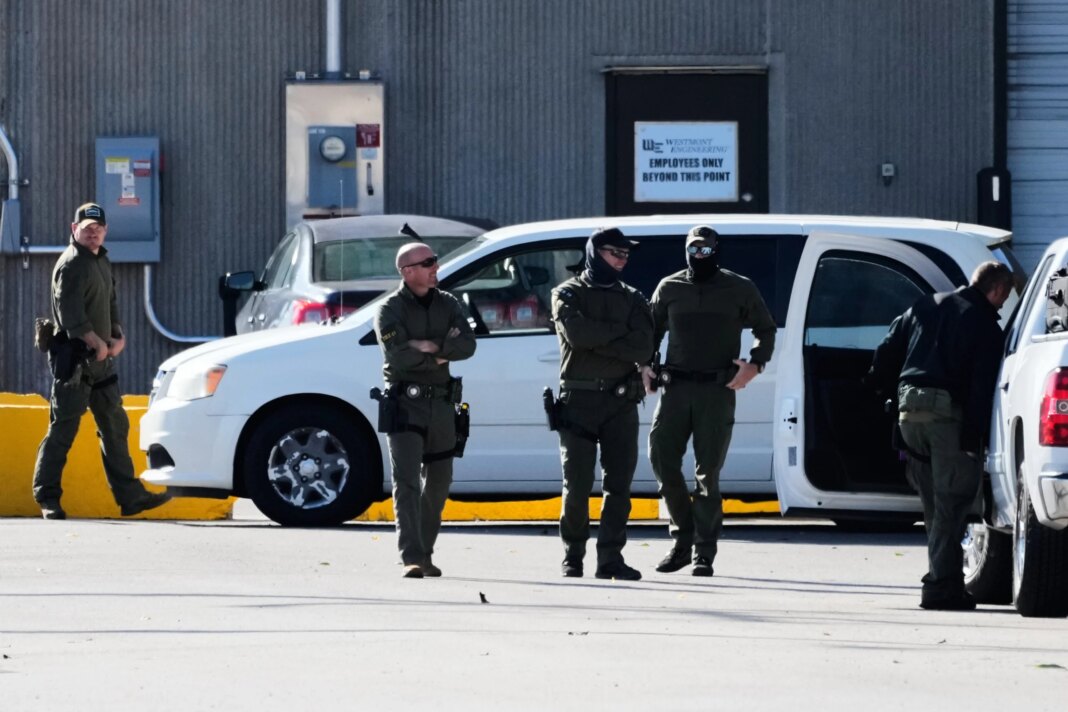The National Guard’s Deployment Dilemma: Legal Battles Across the U.S.
The deployment of National Guard troops has become a contentious issue in the United States, with legal disputes erupting in various cities as the directives from the federal government clash with local governance. Recently, a Chicago judge’s ruling has indefinitely halted any deployment in the area, raising questions about the legality and appropriateness of intertwining federal troops in local policing efforts.
Chicago: A Temporary Restraint
The situation in Chicago took a pivotal turn when U.S. District Judge April Perry issued an indefinite extension of a temporary restraining order (TRO), effectively blocking the National Guard’s deployment until either her court or the U.S. Supreme Court makes a decision. This ruling follows an initial two-week TRO that prevented any troop mobilization.
The federal government, represented by Solicitor General D. John Sauer, argued that this ongoing delay inflicts “grievous and irreparable harm” on executive powers. The implications of this conflict extend beyond a single city, as the outcomes will likely affect the broader legal framework governing federal authority over state matters.
Portland’s Uncertain Future
In Portland, Oregon, a similar scenario unfolds. An appeals court recently ruled that President Trump’s administration could take command of 200 Oregon National Guard soldiers. However, another court order currently bars any deployment, leading to a complex legal quagmire.
U.S. District Judge Karin Immergut, appointed by Trump, issued two restraining orders prohibiting the mobilization of these troops. Despite the Justice Department’s attempts to appeal these orders, a scheduled hearing will review whether they should remain in effect, leaving many uncertain about the fate of the troops.
California’s Battle Over Control
The legal landscape in California has also been volatile. A recent 9th U.S. Circuit Court of Appeals panel evaluated the Trump administration’s actions regarding the deployment of troops to Los Angeles. A district court had previously ruled against the administration, stating it violated federal law for not seeking proper state approval.
As the legal tug-of-war continues, the appeals court is deliberating whether to reverse the lower court’s ruling, thus determining whether California has the right to reclaim control over its own National Guard.
Washington, D.C.: Local Pushback Against Troop Presence
In the nation’s capital, another layer of complexity has emerged. A state court in West Virginia is set to hear a case seeking to halt the deployment of over 300 National Guard members to Washington, D.C. This move arises from concerns that the deployment lacks proper local oversight and accountability.
The District of Columbia’s Attorney General is also pushing for a temporary injunction against the presence of more than 2,000 guardsmen in the city. The considerable interest shown by both local and state representatives highlights a growing resistance against federal overreach in what many perceive as a politicization of military resources.
Memphis: A Constitutional Challenge
In Memphis, Tennessee, Democratic state officials have initiated a lawsuit to stop the National Guard’s deployment, asserting that Governor Bill Lee’s actions contravene the state constitution. The deployment, prompted by a request from the Trump administration, raises serious constitutional questions about the conditions under which state Guard units can be mobilized.
Since the troops’ arrival in early October, they have been patrolling downtown areas, leading to concerns over their visibility and role in local law enforcement, even though officials have clarified that these guards do not hold arrest powers.
Conclusion: Legal and Political Ramifications
This unfolding scenario illustrates the intricate and often contentious relationship between federal military action and local governance. As courts continue to grapple with the legality of these deployments, the outcomes will likely shape the future of how the National Guard is utilized in civil matters across the country. The evolving landscape signifies that this issue is far from resolved, leaving citizens and officials alike questioning the balance of power within the American political system.



